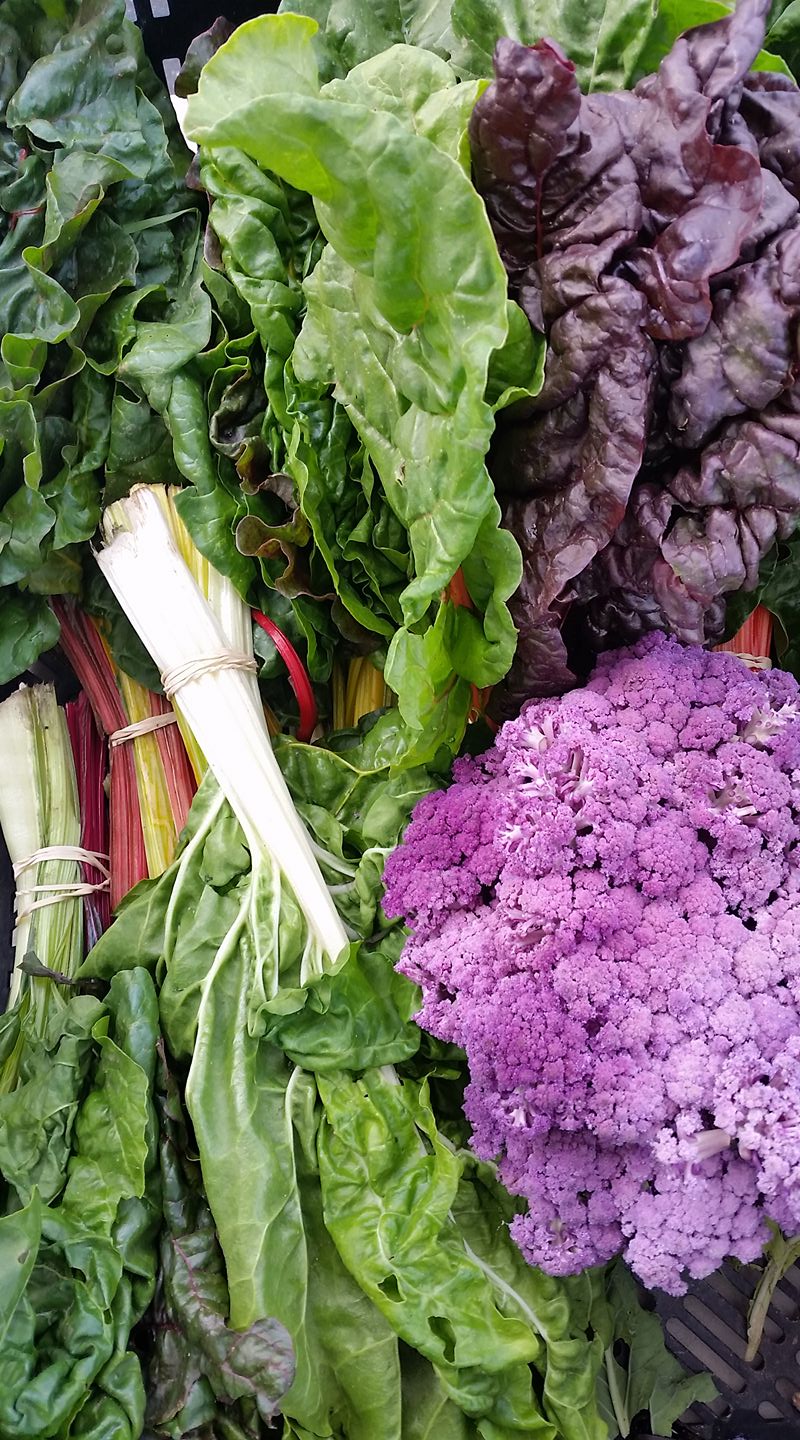The Skinny on Cholesterol
By Marcey Klein BS, CNC
What is it?
Cholesterol is a fat found in your brain, liver, and many cells in the body. It is converted by enzymes to steroid hormones (which consist of stress and sex hormones), vitamin D, and bile salts. Cholesterol is a component of our cell membranes, giving them structure. Our myelin sheaths, which coat all of our nerve cells and nerve fibers, consist of this cholesterol. Cholesterol is considered a healing compound; our bodies produce cholesterol when there is damage.
When is it problematic?
Cholesterol is essential and necessary for health. However, a problem occurs when these fats become oxidized. Oxidation can occur when there is an abundance of free radicals in the body due to damaging fats in the diet, inflammation (from diet or infection), pollutants and toxins from the environment, and lack of cofactors for the body to remove toxins and optimize organ function. Obesity, which produces inflammatory cytokines, insulin resistance, and high glucose in the blood damages and inflames the arteries. If the damage is not reversed, Low-density lipoprotein (LDL, or “bad”) cholesterol will be deposited on these vulnerable areas and eventually create plaque.
Can cholesterol be good?
 . In fact, most studies have shown that high cholesterol is not a risk factor for coronary heart disease in the elderly, and that those with the highest serum cholesterol levels (with no other risk factors for heart disease like high blood pressure or high oxidative damage from things like cigarette smoking) live the longest, especially women. Cholesterol is key for creating hormones after menopause and is needed for brain health, adrenal and sex hormone production, and cell communication.
. In fact, most studies have shown that high cholesterol is not a risk factor for coronary heart disease in the elderly, and that those with the highest serum cholesterol levels (with no other risk factors for heart disease like high blood pressure or high oxidative damage from things like cigarette smoking) live the longest, especially women. Cholesterol is key for creating hormones after menopause and is needed for brain health, adrenal and sex hormone production, and cell communication.
What foods can I include that can help manage my cholesterol?
- Beneficial fats are anti-inflammatory with extra protective antioxidants, including extra virgin olive oil, pastured butter, virgin coconut oil, nuts, seeds, and avocados.
- Foods with high vitamin E content including all nuts and seeds, and wheat germ.
- Fiber flushes out extra cholesterol, fat, toxins, and hormones. Foods that are rich in fiber include legumes, beans, all vegetables, nuts, and seeds. 25 grams minimum, 50 grams is ideal.
- Foods high in antioxidants which include the most colorful fruits and vegetables.
- Foods rich in bioflavonoids such as all citrus help manage inflammation, provide antioxidant protection, regulate hormones, support the liver, and the absorption of copper and iron.
- Garlic can inhibit the production of cholesterol in the liver.
- Dark leafy greens are high in magnesium, which can normalize the production of cholesterol.
- Artichoke blocks stimulation of cholesterol synthesis by insulin.
- Active Yogurt contains probiotics which convert cholesterol into a less absorbable form, which the body can then better eliminate.
- Magnesium rich foods include dark leafy greens, sea vegetables, nuts and seeds, beans, whole grains, and certain fish such as wild salmon and halibut. Therapeutic dose is 300 mg.
- Vitamin D can improve all levels of cholesterol and triglycerides. 2,000 IU daily or more is recommended, depending on serum levels.
- Garlic helps to lower LDL while raising high-density lipoprotein (HDL, or “good” cholesterol). Use liberally in the diet, or take 2 grams per day as a supplement.
- Dark Chocolate or Cocoa is rich in polyphenols that inhibit LDL oxidation and increase HDL. One ounce a day is the medicinal intake, or 2 tsp. raw cocoa powder.
- Ginger is an antioxidant, a blood thinner, a cardio tonic, anti-inflammatory, and it helps lower cholesterol.
- Turmeric and capsaicin help prevent LDL oxidation, protect the liver, and are anti-inflammatory. They work better in combination, so use them together in cooking.
- Omega 3 fatty acids help bring down inflammation and total cholesterol. 2-4 grams per day is recommended.
Overall, eating an antioxidant rich, diverse diet high in nutrients, fiber, probiotics, good fats, and to supplement as necessary, will keep your cholesterol levels in check and prevent and control cholesterol oxidation. Remember to exercise and keep hydrated for healthy blood flow and oxygenation and to flush toxins. Come to New Leaf if you have any further questions on this or any health topic, take care!




















